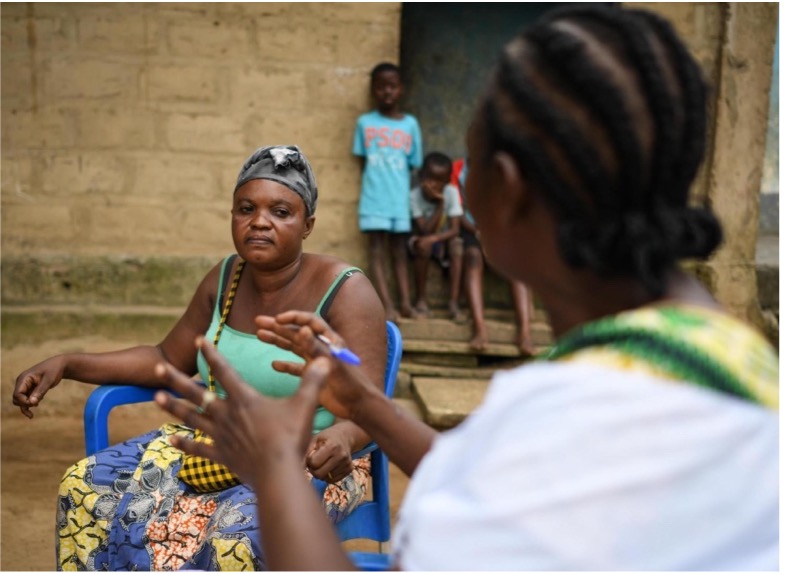Information Management in Malawi and Beyond: The COVID-19 RCCE Dashboard
Description
At the start of the COVID-19 pandemic, there were several organizations and government departments working independently on risk communication and community engagement (RCCE) in Malawi. As the focus on public health interventions increased, it became clear that RCCE activities were missing in some areas of need, being duplicated in other locations, and/or overlapping with the same target populations. Organizational partners of the Collective Service requested the assistance of the Collective Service’s Information Management team to find a solution that would help partners make COVID-19 programming more efficient in Malawi.
“On the coordination side, the dashboard brought renewed energy to partners from COVID fatigue to rally around a common agenda.” – Mr. Chikumbutso Mtumodzi, Director of Information, Ministry of Information Malawi
The Collective Service gathered feedback from implementing partners and government counterparts at the national and district level, deciding on a “Who is doing, What, When, Where” or “4Ws” dashboard that would map out the organization, location, type, duration, and target population of COVID-19 RCCE activities on the ground. Although there were some existing data platforms before the dashboard, it was hard to see how the data between platforms could be synthesized. Stakeholders therefore expressed the desire for one harmonized platform that could be decentralized and managed collectively. In addition, Collective Service partners and participating organizations wanted to visualize epidemiological data for COVID-19 alongside partner mapping inputs. This would allow them to clearly identify gaps and quickly deploy resources to areas in need.
The Information Management Team created a Power BI dashboard populated with a simple online survey tool (KOBO) that could be updated in real time. The team carried out an iterative process with stakeholders over the course of several months, ensuring a user-friendly interface and useful functionality in the dashboard. With the online survey tool and dashboard, organizations could input data regularly, read the visualizations in the dashboard without difficulty, and create an evidence-base for decision makers to adjust strategies and collaborate with other actors.
Additional languages

DETAILS
Organisation
Emergency
Scope
Region
Keywords

